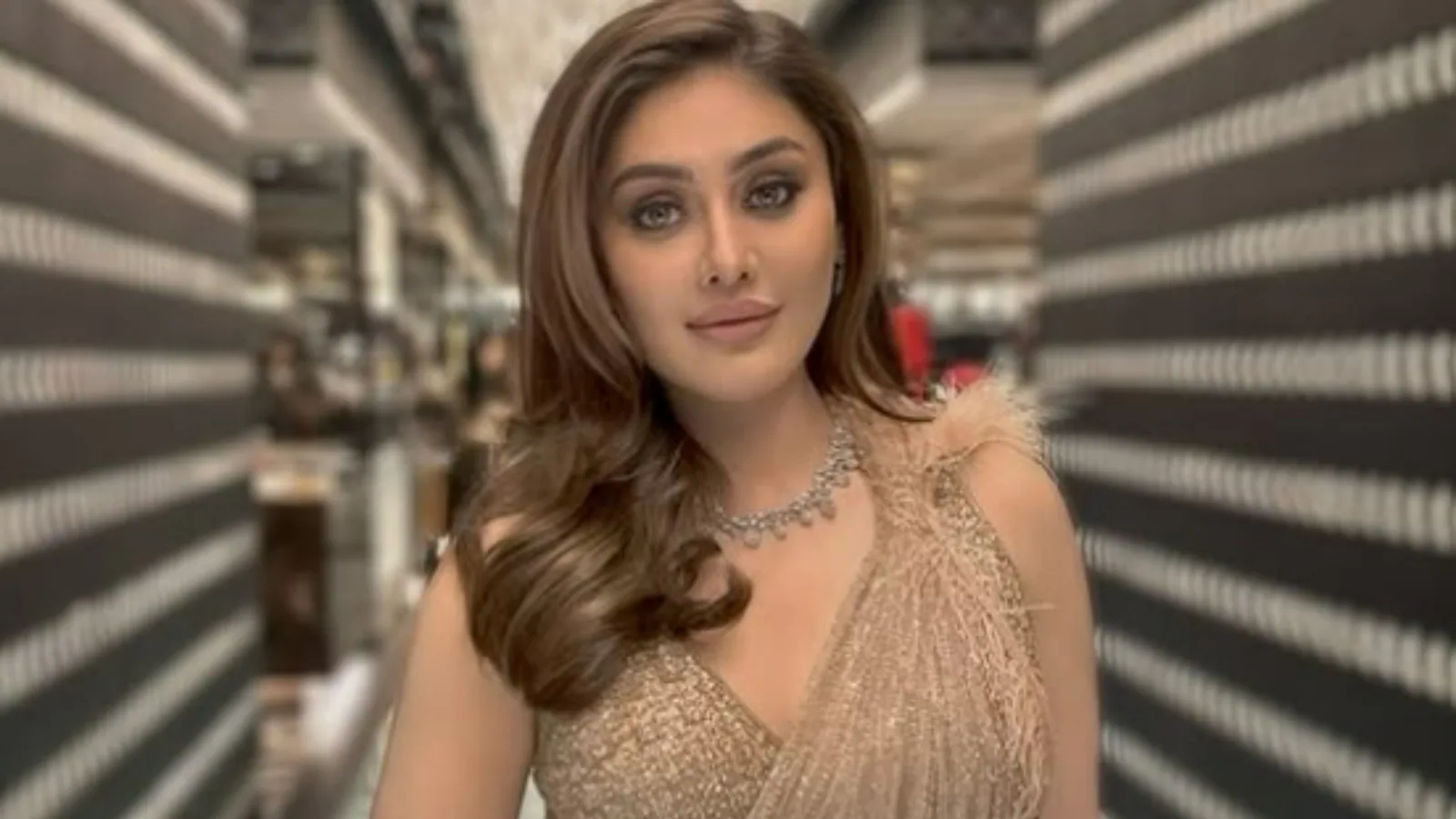By News18
In a world obsessed with youth, looking young has become more than a preference—it’s turning into a quiet obsession. From beauty filters and “forever young” skincare routines to an overwhelming flood of cosmetic procedures and age-defying promises, the pressure to stay youthful is everywhere. But when does this desire cross the line from self-care to self-harm?
The tragic and untimely death of actress Shefali Jariwala at just 42, reportedly due to cardiac arrest has cast a fresh spotlight on the extreme standards of beauty and youth placed on those in the public eye. While her death may not be directly linked to cosmetic enhancement, it raises uncomfortable questions about the toll such pressures can take on celebrities and everyday individuals alike.
The Silent Impact of Youth Obsession
Payel Chakraborty, Psychologist, Mpower, Aditya Birla Education Trust, says, “As a psychologist, I witness firsthand how the relentless chase for youth can chip away at self-esteem, spark anxiety, and create barriers to authentic connections.”
“Our society’s obsession with youth is fuelled by social media, advertising, and entertainment, where ageing is often dreaded and youth is glorified.”
Chakraborty warns that this narrative has trickled down to teens and young adults, with the rise of trends like “Baby Botox” and preventive anti-aging products targeting even those who haven’t reached adulthood.
So, how do you know if the desire to stay young is hurting you?
“Watch for red flags,” she advises. “Constant dissatisfaction with your appearance, fear of growing older, compulsive spending on beauty treatments, or avoiding social events due to concerns about your looks, all of these are signs that the pursuit of youth may be damaging your mental well-being.”
She emphasizes the importance of embracing the natural ageing process and practicing self-compassion: “Real beauty lies in authenticity, and peace comes from accepting every phase of life with grace.”
When Confidence Turns into Compulsion
Ashish Pillay, Psychologist, Mpower, Aditya Birla Education Trust, says “Many of my clients start their sessions talking about health or confidence.”
“But as the conversation unfolds, it often circles back to ageing—and the fear surrounding it.”
In 2025, we’re constantly exposed to curated realities online, where filters erase every wrinkle and algorithms promote youth as the ultimate ideal. “There’s nothing wrong with wanting to feel good in your skin,” says Pillay. “But when your self-worth becomes tied to your age—or your appearance—it’s time to pause.”
He offers a few questions for self-reflection:
Do you avoid photos or social situations because of how you look?
Are you spending disproportionate time, money, or energy trying to look younger?
Does scrolling through social media leave you feeling ‘less than’ instead of inspired?
“These are not vanity issues, they’re signals of emotional distress,” explains Pillay. “Unchecked, the pressure to stay young can lead to anxiety, depression, even body dysmorphia. It can also isolate us, impacting our relationships and self-image.”
For Pillay, true well-being means celebrating vitality, not just youth. “Psychological health is about living fully not trying to rewind time. If your fear of ageing is becoming overwhelming, speak to a mental health professional. You deserve to feel whole at every age.”
A Call for a Mindful Shift
Both experts agree: we need a cultural reset when it comes to beauty and ageing. Ageing is not a flaw, it’s a natural, meaningful process that deserves to be embraced, not feared. The goal should be to feel strong, empowered, and at peace with who we are, not stuck in a perpetual race against time. Because ultimately, self-worth shouldn’t come with an expiry date.
